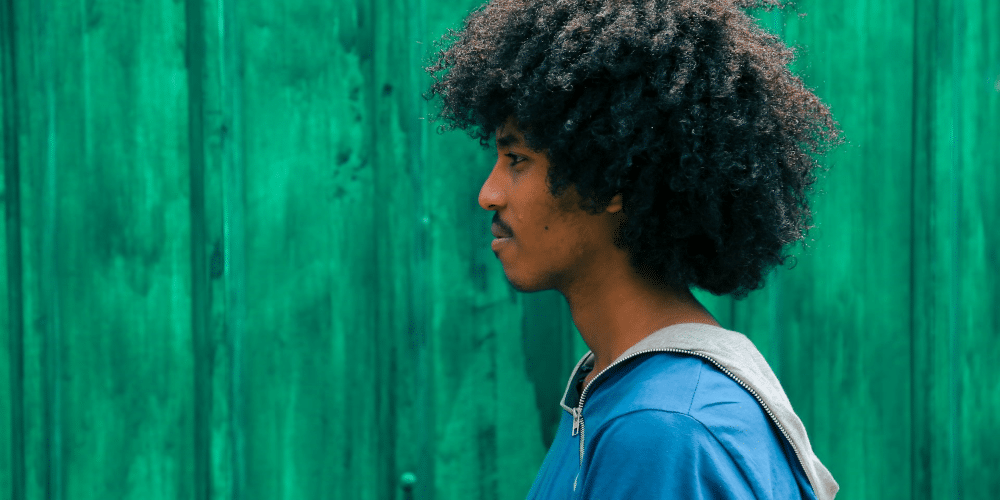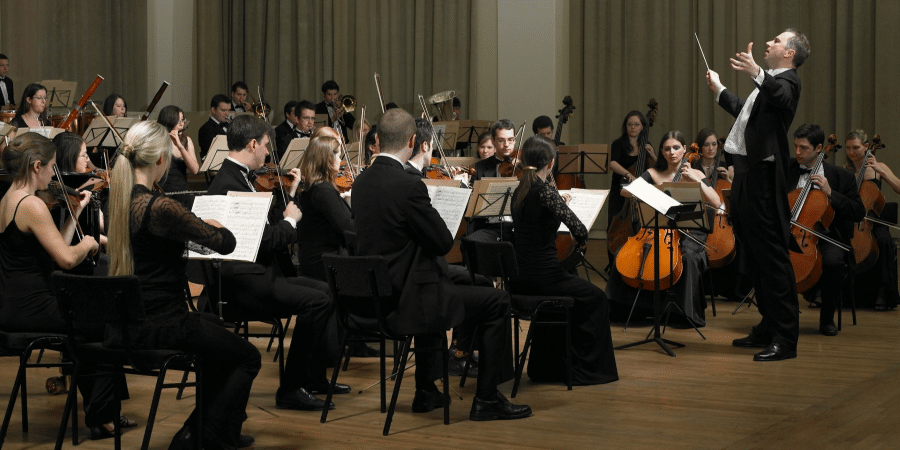Remember begging your parents for the latest Beanie Babies or obsessing over the newest boy band? Today’s pre-teens face a different kind of obsession – influencers. These seemingly perfect personalities on social media hold immense power over young minds, shaping their desires, influencing their self-esteem, and sometimes even dictating their breakfast choices. So, what’s the deal with this influencer chokehold, and how can parents navigate this ever-evolving social media landscape?
Beyond Likes and Follows: The Allure of Influencer Culture
For pre-teens, influencers are like cool older siblings – trendsetters with seemingly perfect lives. They flaunt the latest fashion finds, showcase envy-inducing vacations, and document their seemingly flawless routines. This curated perfection is undeniably appealing.
Pre-teens, at a crucial stage of self-discovery, crave acceptance and belonging. Influencers, with their carefully crafted online personas, offer a glimpse into a world that feels aspirational and exciting.
A recent study by the Pew Research Center highlights the allure of influencers for young people, stating, “Pre-teens are drawn to influencers who they perceive as relatable and authentic, even though they understand that their online lives are often carefully curated.” This sense of relatability, combined with the aspirational lifestyle influencers portray, creates a powerful connection that can significantly impact pre-teens’ self-image and desires.
Beyond the #OOTD: The Downside of Influencer Culture
But the influencer world isn’t all sunshine and rainbows. The constant barrage of picture-perfect lives can fuel feelings of inadequacy and social comparison in pre-teens. They might start questioning their own bodies, possessions, and experiences, feeling like they don’t measure up to the seemingly flawless online world.
Furthermore, influencer marketing often blurs the lines between genuine recommendations and paid promotions. Pre-teens, with their developing sense of critical thinking, might not be able to discern sponsored content from a genuine review. This can lead them to make impulsive purchases or develop unrealistic expectations about the products being promoted.
A recent article in The Atlantic explores the downside of influencer culture, stating, “The pressure to keep up with the latest trends promoted by influencers can have a negative impact on pre-teens’ mental health and self-esteem, leading to feelings of anxiety and inadequacy.”
Beyond the Block Button: How Parents Can Help
So, what can parents do to navigate this influencer-obsessed world with their pre-teens? Here are a few tips:
- Open Communication is Key: Talk to your pre-teen about social media and influencers. Discuss the curated nature of online personas and the importance of critical thinking when consuming content.
- Focus on Values: Help your pre-teen define their own values and sense of self-worth. Encourage them to find validation from their own achievements and relationships, not just online likes and followers.
- Curate Their Feed: Work together with your pre-teen to curate their social media feed. Follow positive and diverse influencers who promote healthy values and realistic body image.
- Lead by Example: Be mindful of your own social media habits. Avoid portraying a picture-perfect life online and discuss the importance of authenticity with your pre-teen.
- Engage in Real-Life Activities: Encourage your pre-teen to participate in real-life activities and hobbies that foster self-confidence and develop their unique talents.
The Final Follow: Fostering a Healthy Relationship with Social Media
The influencer culture isn’t going anywhere. But by fostering open communication, building critical thinking skills, and promoting real-life experiences, parents can help pre-teens develop a healthy relationship with social media.
Ultimately, the goal is to empower pre-teens to navigate the online world with confidence, discernment, and a strong sense of self, ensuring that the “like” button doesn’t dictate their self-worth. Remember, the most important influencers in a pre-teen’s life should be the positive role models they encounter in the real world, not the curated personas they see online.
















